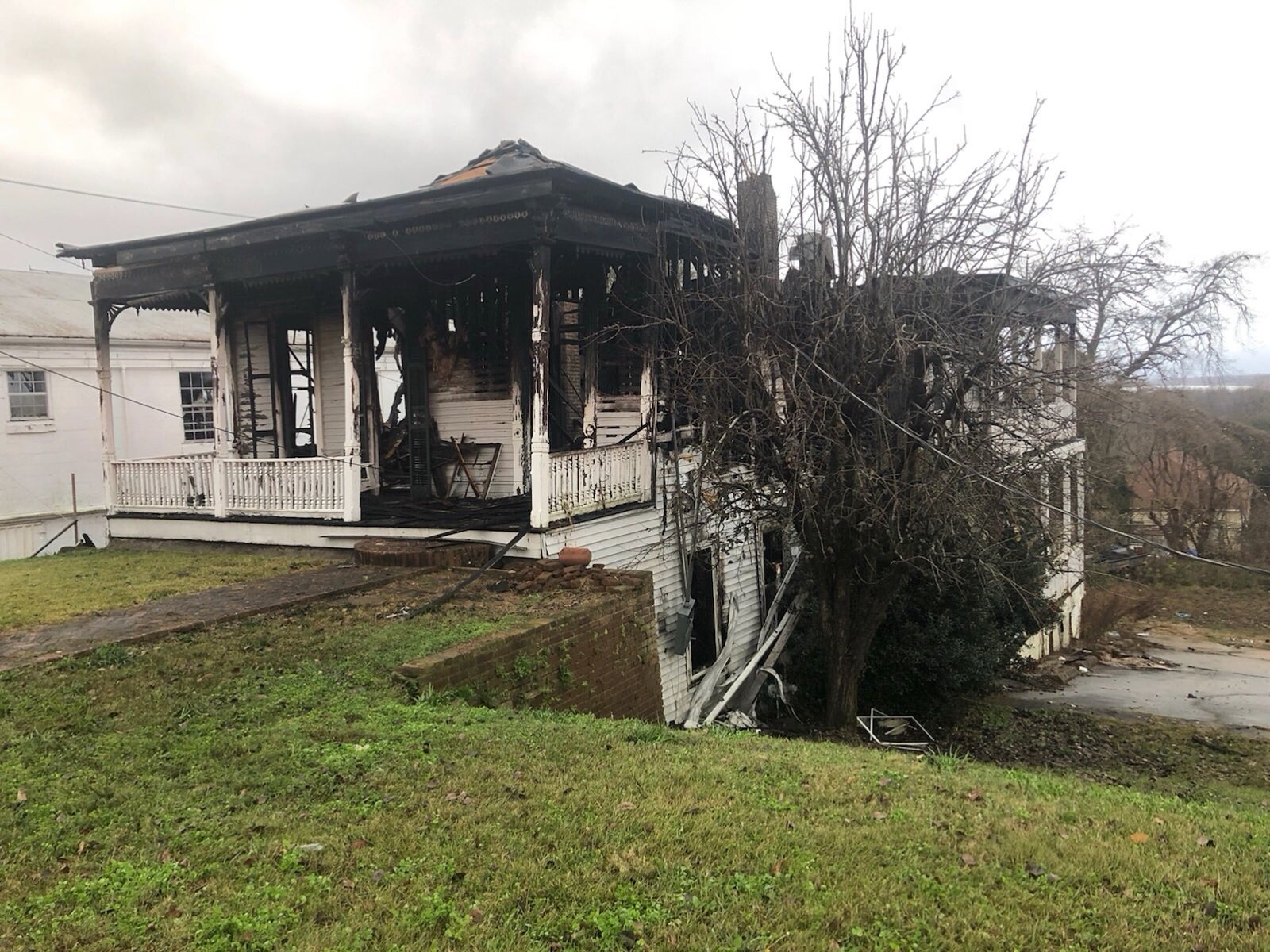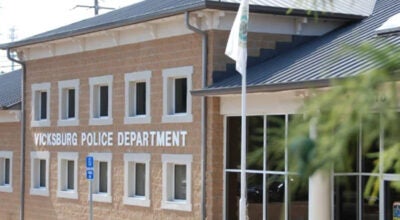Vicksburg Fire Chief, officials share fire safety tips as cold weather approaches
Published 10:47 am Wednesday, December 21, 2022

- A Dec. 25 fire heavily damaged this home on Washington Street in 2021. This fire was one of four that took place over last Christmas weekend. Submitted Craig Danczyk
With chilly weather making its way to Warren County, it is important for residents to keep in mind fire safety precautions.
According to the National Fire Protection Agency (NFPA), Christmas Day and Christmas Eve are among the leading days of the year for home fires.
Many hallmarks of the holiday season, including Christmas trees, holiday decorations, and festive meals, present potential fire hazards that contribute to an annual increase in U.S. home fires at this time of year.
“December is a leading month for home fires, in large part because many of the activities we engage in during the holiday season reflect leading causes of home fires year-round,” said Lorraine Carli, NFPA Vice President of Outreach and Advocacy. “Plus, as colder temperatures impact much of the country, use of heating equipment increases significantly.”
Four structure fires were reported in Vicksburg city limits between Dec. 23 and Dec. 26 of 2021, including one that heavily damaged a circa-1890 home on Washington Street.
Fortunately, Carli notes, the majority of winter fires can be prevented with a little added awareness and planning.
“By knowing where potential fire hazards exist and taking some basic safety precautions to prevent them, people can enjoy a festive, fire-free holiday season,” said Carli.
Home fires involving Christmas trees caused two civilian deaths, 11 civilian injuries, and $12 million in direct property damage per year between 2016 and 2020 in the U.S. according to the NFPA. Lighting and electrical distribution equipment, including decorative lights, was involved in more than 44% of home Christmas tree fires, and 19% were started by decorative lights.
The NFPA estimates that one in five home decoration fires occurred in December. Year-round, 35% of home decoration fires began with candles; in December, the number jumped to 45%. 44% of home decoration fires start from a decoration being too close to a heat source, such as a candle or cooking and heating equipment.
Heating equipment is the second-leading cause of U.S. home fires year-round. Vicksburg Fire Chief Derrick Stamps said that the Fire Department historically sees an uptick in fires involving space heaters during these cold months as people try to warm up.
Stamps said that it is important to make sure that you’re using only one heater per outlet at a time. Extension cords, power strips, and electrical adapters are prone to overheating and starting fires when used with space heaters.
“I’d rather it be plugged into a wall outlet versus an extension cord,” he said.
Stamps also recommended preparing a home’s chimney for use by getting it properly cleaned. This is done to get rid of any build-up of creosote, a flammable byproduct of fires that, over time, can coat the inside of the chimney and ignite when the fireplace is used again.
Atmos Energy has published some safety tips for minimizing fire risks during the winter. They include:
- Never use an oven or a gas stove to heat your home.
- Protect natural gas meters. Natural gas meters are weatherproof; however, to ensure that the meter keeps working smoothly, remove snow and ice from natural gas meters with a broom or brush. Never kick or chip snow and ice away with a hard object.
- Safely remove snow from vents for dryers and other natural gas equipment. Blocked vents for dryers and other gas appliances can lead to a dangerous buildup of carbon monoxide gas.
- Minimize the risk of frozen pipes which can lead to electrical fires if leaks develop. Leave faucets running at a trickle, leave cabinet doors open, and close all doors and windows to keep heat inside.
- If you think you smell gas, act fast. Leave the area immediately and call 911 from a safe distance.
For more information about fire safety in the winter months or any other time of year, visit the National Fire Protection Association’s website at nfpa.org.





